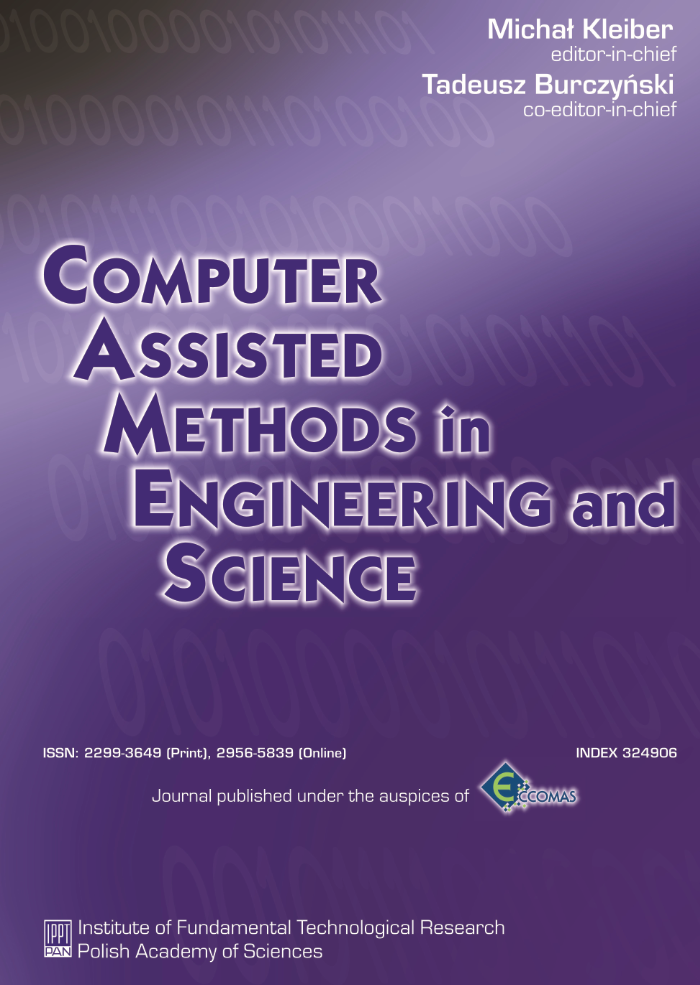Abstract
A concept is presented of a system for automatic processing of the civil engineering data. It may concern designing, optimisation or diagnostics of constructional materials. The main point of interest was concrete and various concrete like composite materials. The applied methods are a combination of various soft computing techniques, like artificial neural networks, machine learning and certain techniques originating in statistics. The system is aimed at taking advantage of varied information available in publications, reports, monographs and direct experimental results, perhaps including even the grey information resources. After preparation of a database collected from laboratory or in-situ observations concerning the behaviour of various concrete materials, and gathered during the two last decades, a number of experiments were performed on the system dedicated mainly to prediction of compressive strength and frost resistance of concrete. The proposed approach allows more efficient control of information in problems of concrete technology.
References
[2] AQ21 - Machine Learning programs, to be asked for at http://www.mli.gmu.edu/mdirections.html.
[3] D. Alterman. Evaluation of Concrete Materials by Automatic Reasoning (in Polish), doctoral dissertation, manuscript, 180 pp. IFTR PAS, Warszawa, 2005.
[4] A.M. Brandt, ed. Optimization methods for material design of cement-based composites, 314 pp. E&FN SPON, London, 1998.
[5] A.M. Brandt, J. Kasperkiewicz, eds. Diagnosis of Concretes and High Performance Concrete by Structural Analysis (in Polish, 218 pp). IFTRPAS-NATO Sci. Aff. Div., Warszawa, 2003.



